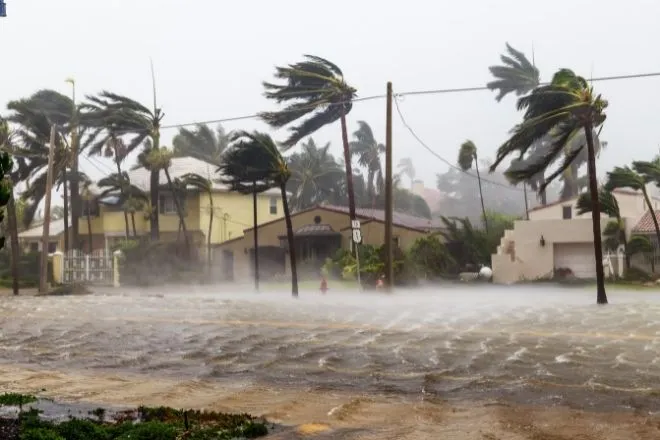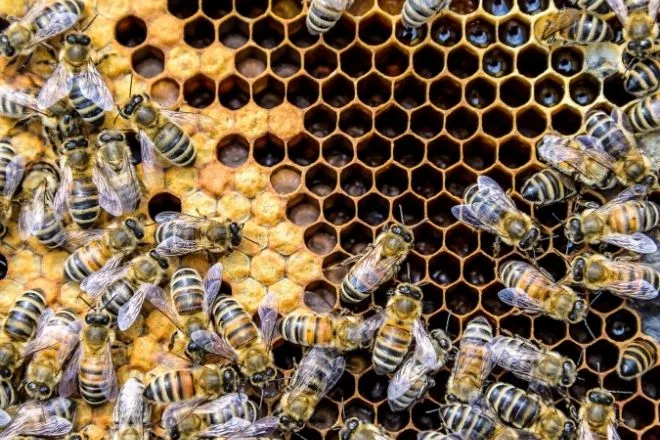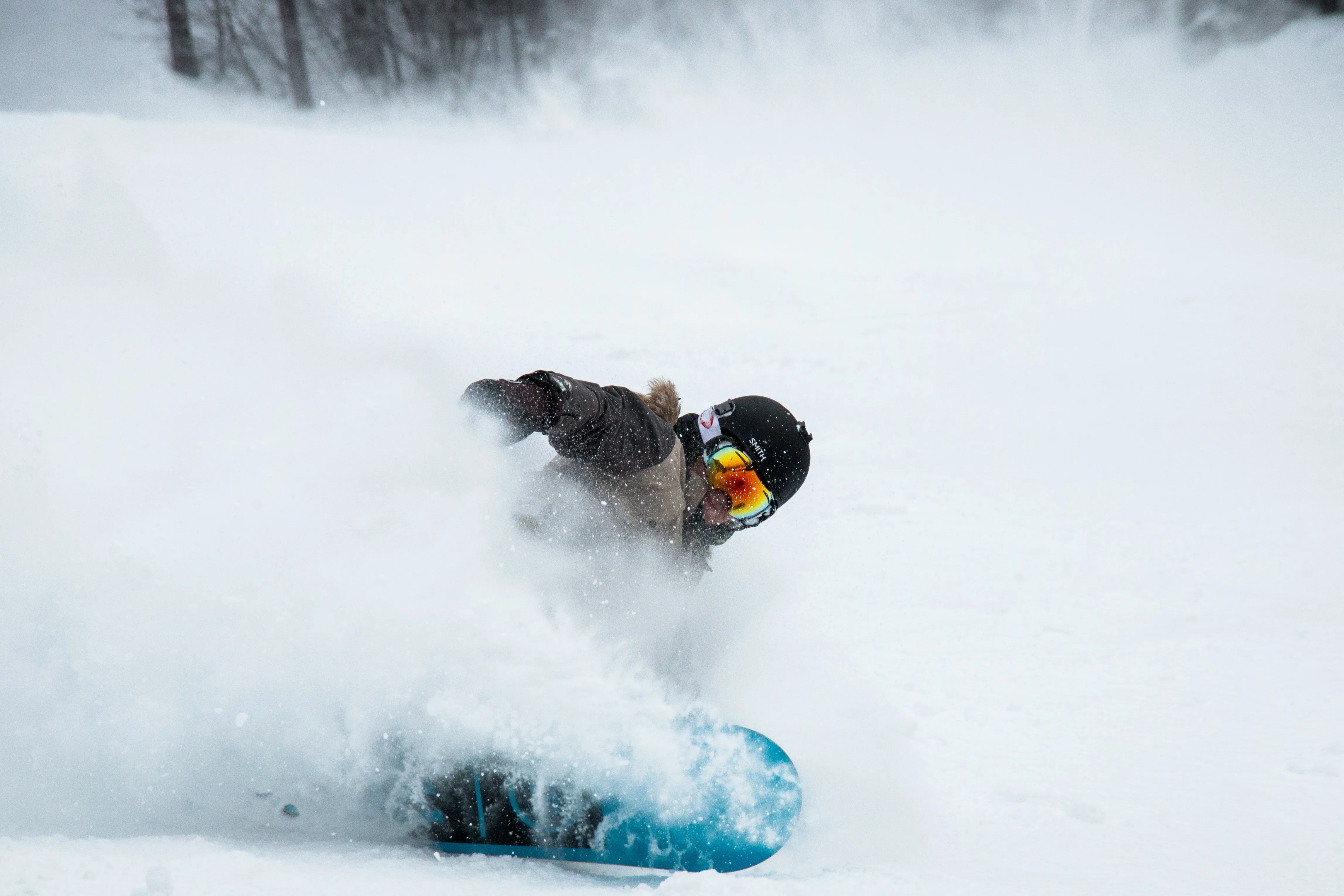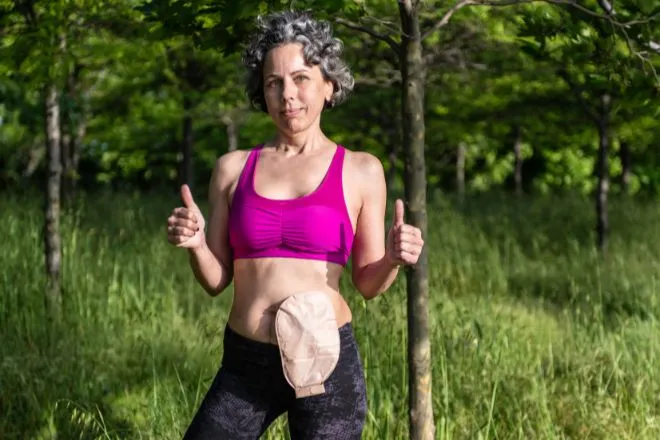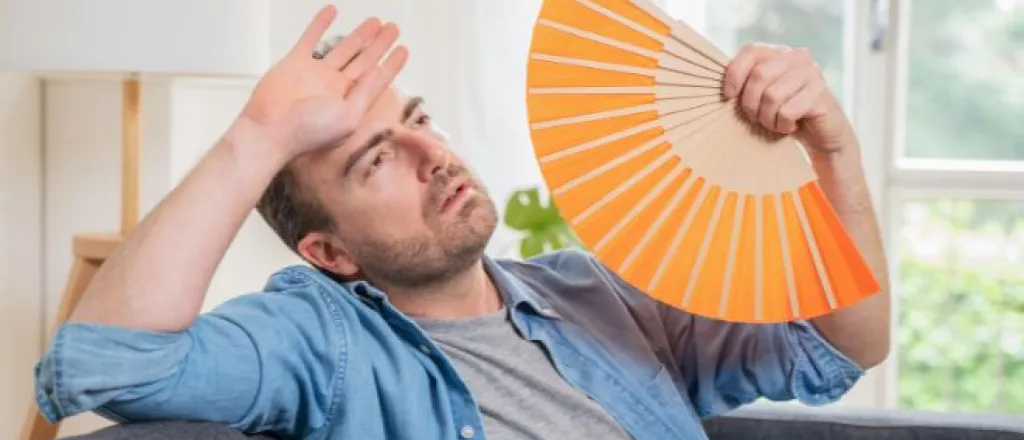
Why do some people sweat more than others?
We’ve all been there: finishing our hike or climbing session, we look around to find some of us barely breaking a sweat while others look drenched and drippy. Why do some people sweat more than others?
For active individuals who enjoy the great outdoors in Colorado and elsewhere, sweat can be a pressing issue. Explore some factors that cause excessive sweating.
Muscle mass and body size
One major factor in sweat production is an individual’s muscle mass and body size. The more muscle mass you have, the more heat your body produces as a result of exercise. This heat then increases your body’s need to cool down, thereby contributing to more sweat. Body size also plays a role, as larger individuals require more energy output to accomplish physical activities, which in turn generates more heat.
Hormones and anxiety
Sweating is closely related to our hormonal balance. Certain hormones, such as adrenaline and cortisol, create signals for the body to produce more sweat. Similarly, anxiety can ramp up sweat production due to its close relationship with those “fight or flight” hormones. So, feeling stressed or anxious in a situation may cause someone to sweat more than usual. And speaking of hormones, if you’re a woman over 40, hormonal changes related to perimenopause and menopause can find you waking up with soaked sheets from night sweats.
Alcohol, spicy foods, and caffeine
Did you know that indulging in a glass of wine or biting into a fiery chili pepper can make you sweat more? Alcohol has a vasodilatory effect, which means it expands blood vessels, sending more heat toward the body’s surface, which encourages sweating. Spicy foods contain capsaicin, which activates our sweat glands as a response to the perceived increase in body temperature. There’s a reason they’re called “hot” peppers! And caffeine stimulates the central nervous system, as anyone who has experienced the caffeine jitters can attest, and can cause sweating as a result.
Medications, health conditions, and hyperhidrosis
Certain medications or medical conditions can cause people to sweat more than others. These medications, such as some pain relievers and antidepressants, may result in increased sweat. Additionally, health conditions such as diabetes or hyperthyroidism can cause excessive sweating. Hyperhidrosis, a medical condition characterized by excessive perspiration, is another factor that affects about 2 to 3 percent of the population.
Body parts most prone to sweating
Some areas of the body are more prone to sweat than others. The most common areas to sweat include the forehead, underarms, palms of hands, soles of feet, and groin. Active outdoors enthusiasts, who’ve experienced sweat rolling into the eyes, won’t be surprised that the forehead produces more sweat relative to area size than any other part of the body.
Understand why some people sweat more than others, the triggers for excess sweating, and the common areas of the body that sweat the most. Then, you can take proactive steps to manage sweat and stay comfortable throughout the day.
Managing excessive sweating
While sweating is a natural and necessary body function, there are a few tips to help manage it:
- Use antiperspirants on underarms
- Wear moisture-wicking clothing in breathable fabrics
- Stay well hydrated
- Avoid triggers like alcohol or spicy foods before outdoor activities
It’s important to remember that sweating is a natural process, essential for maintaining our body’s temperature, especially when participating in top Colorado outdoor activities like hiking, cycling, and rock climbing. By understanding the factors that cause excessive sweating, you can better manage your perspiration and fully enjoy the marvels of Colorado’s great outdoors.




